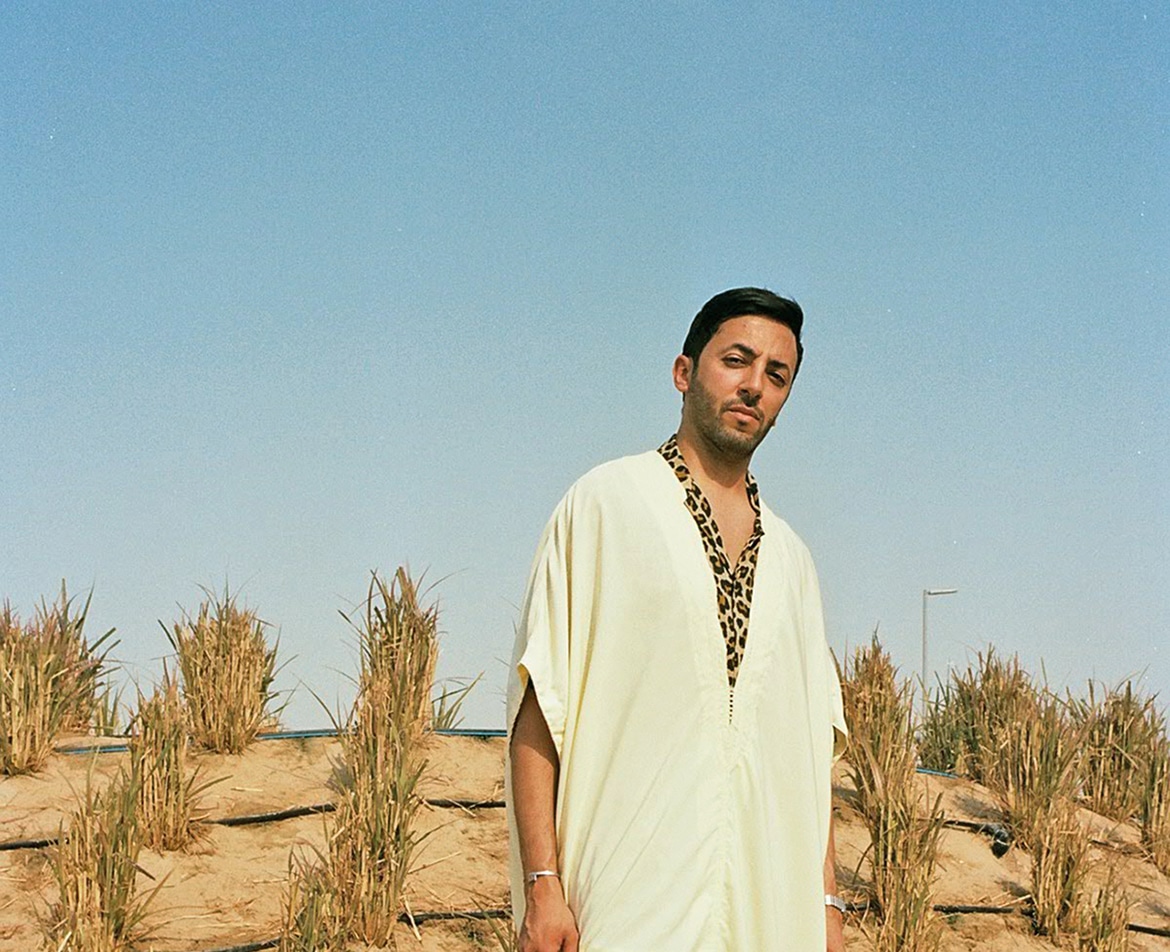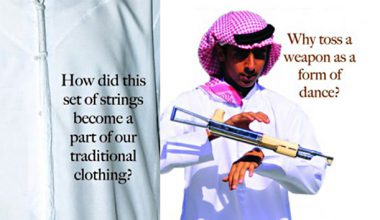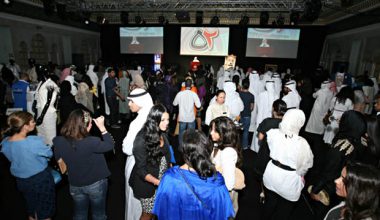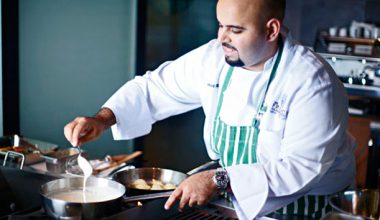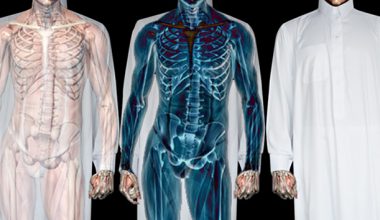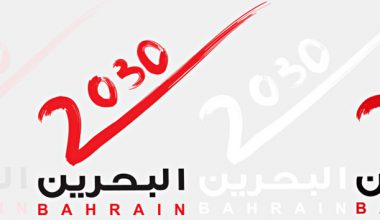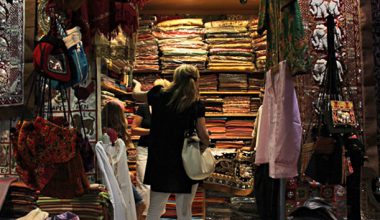One of Sofiane Si Merabet’s favorite memories growing up was traveling with his parents from France to Spain and Algeria. He vividly remembers admiring the views and being fascinated by the change of languages and cultures every time they crossed a border.
Born in France to Algerian parents, Si Sofiane grew up in Western France. Nantes is an area with no substantial Arab community, yet he was fascinated and in touch with his heritage. Sofiane’s parents were born in Algeria, but he speaks better Arabic than them because they were born at a time when France ruled Algeria. Sofiane is a blend of French and Algerian and when people ask which side he is more inclined towards, he tells them he simply can’t decide. “It’s like when you build a castle of cards and you’re asking me to take one card out of the castle, it will collapse,” he said.
Sofiane started his career at LÓreal in France, and in 2006, he decided to take a break from his job and travel to 10 countries within a short period of six months. Some of the 10 countries included South America, Colombia, and Peru among others. “Traveling is a big part of my identity,” he said. In 2008, Sofiane was offered an opportunity to move to Dubai as Marketing Director of the Middle East headquarters and he’s been based in Dubai ever since. Sofiane also founded KARTA about a year and a half ago; a cultural marketing agency helping brands use culture to leverage their businesses.

Being an Arab to Sofiane is not about physical features, religion, or ethnicity. Being an Arab to him is a sentiment and a feeling. He believes that Arabs are part of a cultural group that have marked human history and he is incredibly fascinated by all the different Arab cultures.
As an Arab growing up in France, Sofiane experienced difficulties in evolving and expanding his identity. “When you’re an Arab growing up in a diaspora, it’s really hard to develop your identity,” said Sofiane. Arabs have marked French history, and colonization, wars, and international conflicts greatly affected the image that people have of Arabs.
Sofiane recalls the aftermath of the 9/11 attacks in France; he remembers struggling with the constant negative images portrayed of Arabs. He repeatedly had to justify himself to those around him, and it eventually frustrated him. He then realized that he doesn’t have to justify by negation, rather by showing positivity and the rich culture and complexity of the Arab identity.
There are three things that always inspire Sofiane: travel, music, and identity. With a background in marketing and his love for the region, Sofiane started to develop the website, The Confused Arab. It’s a digital creative platform on Arab identity and diaspora that explores the region, including showcasing regional artists that explore identity and culture.
Participating in the Sikka Art Fair in Dubai in 2018, Sofiane introduced a new concept that was inspired by his constant travels. Hawa City, an imaginary airport, explores the intertwined and complex concepts of Arab identity, travel, and heritage. “Airports are important in our life; we all go through airports,” he said.

Hawa City was split into two rooms. The first room was a suspended gate, where each visitor was invited to select a card symbolizing nationalities of an Arab country given to them by Sofiane. The visitors were told to sit on a specific side of the room depending on their nationality.
The second room was a security gate with the floor of a mosque. The idea was to show that, quite often, people are bothered by scanners. There were also projections that symbolized elements of the Arab culture. The projections included olive oil by Palestine, adidas football t-shirts that symbolize Arab youth, rosary beads to symbolize religion, and a bottle of oud fragrance to represent the signature Arab scent.
The second room also contained luggage that had display tags on them. Instead of displaying destinations, the tags showed reasons why Arabs immigrate. Love, work, and study, are some of the labels placed on the luggage.
“It was an eye-opener,” said Sofiane. Certain nationalities required further security checks and visas to enter into some countries, and other nationalities easily proceeded to their gates.
Visitors were shocked to find out the restrictions of their Syrian or Egyptian friends when traveling to certain countries and the way they are treated differently in airports because of their nationality.
Prior to that, Sofiane participated in the 2017 Sikka Art Fair with another thought provoking installation called Hammam Tomorrow, in collaboration with local artists. The concept is about the future of nostalgia in the Arab world. It had a traditional hammam inspired by his own grandmother and a beauty salon set in a future planet. The question he asked visitors was, “What would you bring with you to the future?” Most people answered music, memories, photographs, and food.
The future of nostalgia, to Sofiane, is a crucial part of the Arab identity. “The future of nostalgia is not just love of the past, it’s a filter of the past. I want to show the good initiatives happening now despite all the negativity, by including arts and craftsmanship.”
Throughout Sofiane’s journey exploring identity, culture, and nostalgia, he has created many thought-provoking art pieces that spark discussions. When asked why art is important, he said, “Art is a best friend, it’s someone who is here to express feelings, it soothes you.”
www.instagram.com/theconfusedarab
Images courtesy of The Confused Arab

